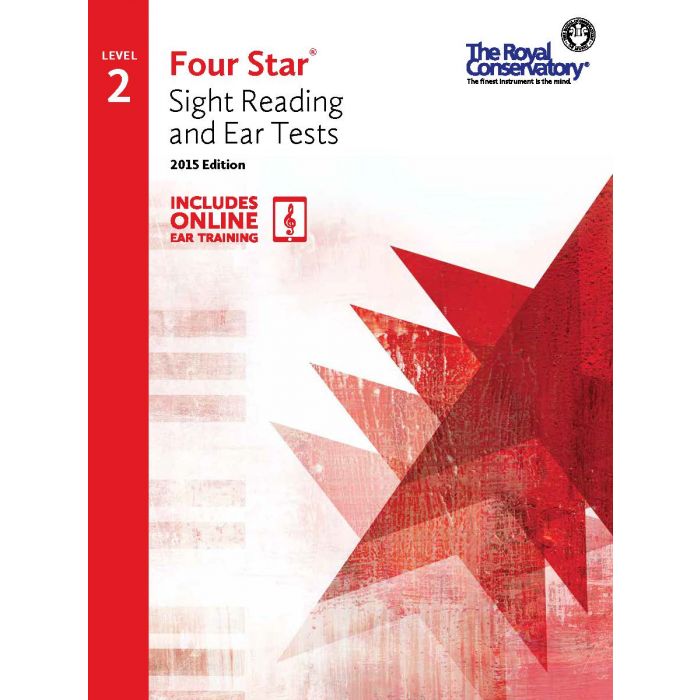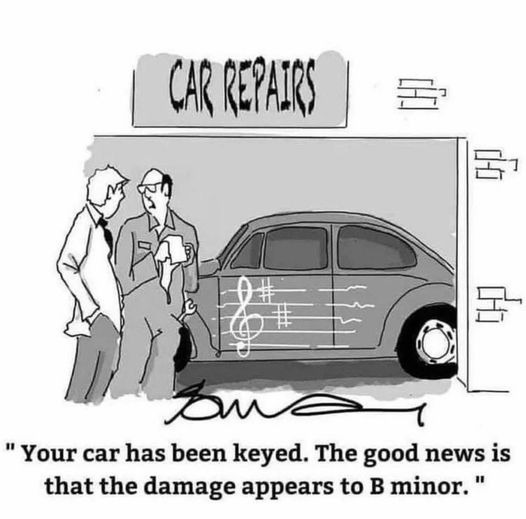 Why? Good sight readers can just play the piano. They don't need to "practice" a new piece. If the piece is too difficult to play "right" the first time, good sight reading skills greatly reduce the time needed to learn a new piece. How? Sight reading is an accumulative skill one builds over many years. A student can shorten this time by methodical practice each and everyday. Young students who are poor sight readers enter high school and join a instrumental music class. Through daily sight reading in class they've improved significantly by Christmas. These new skills transfer to the piano. Some thoughts.
The internet is full of folks selling sight reading "hacks". Hmm, my generation became good to great sight readers without any of these helpers by just doing it. You can too. That being said, I use the Royal Conservatory of Music books in my teaching of classical piano. A full well rounded curriculum that doesn't cut corners. Free resources: www.musicnotes.com. 1st page is free to view, use a tablet, and learn the first part of your favourite pop pieces. Best, David
0 Comments
Expert musicians know what they are doing. Their experience comes from working on, maintaining, and mastering the skills in the following four quadrants of piano study.
If I can help you, call me. Best, David Story revised 2023 |
You've got to learn your instrument. Then, you practice, practice, practice. And then, when you finally get up there on the bandstand, forget all that and just wail. AuthorI'm a professional pianist and music educator in West Toronto Ontario. I'm also a devoted percussionist and drum teacher. Categories
All
|


 RSS Feed
RSS Feed